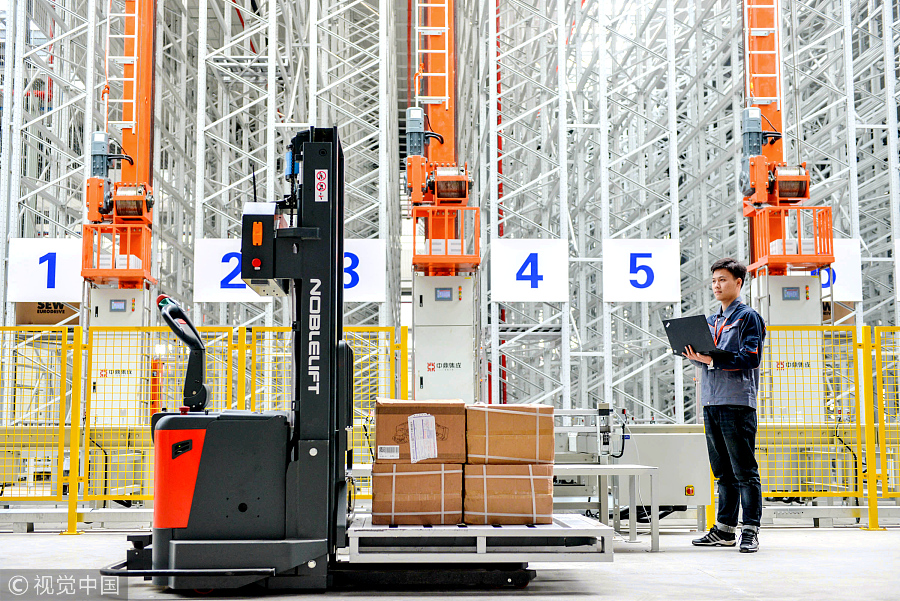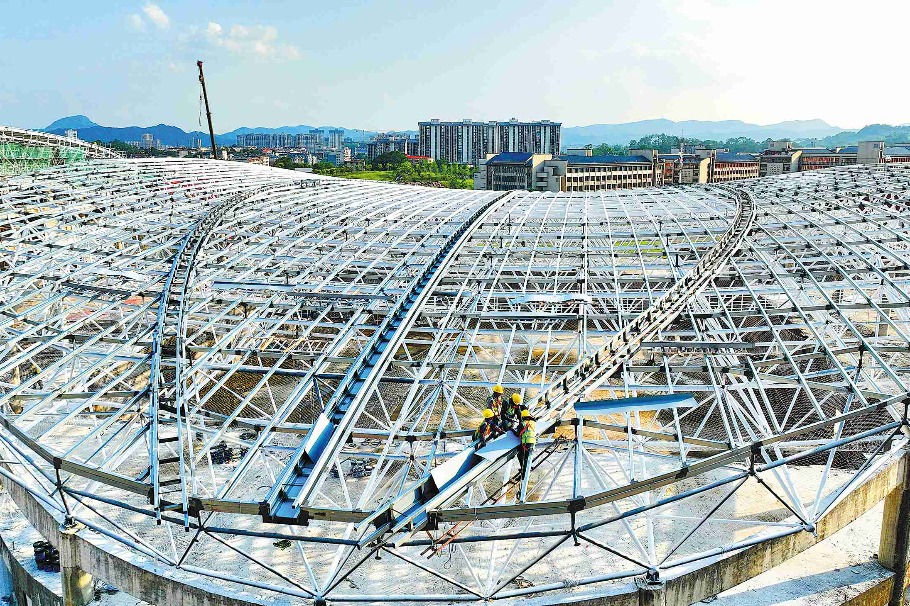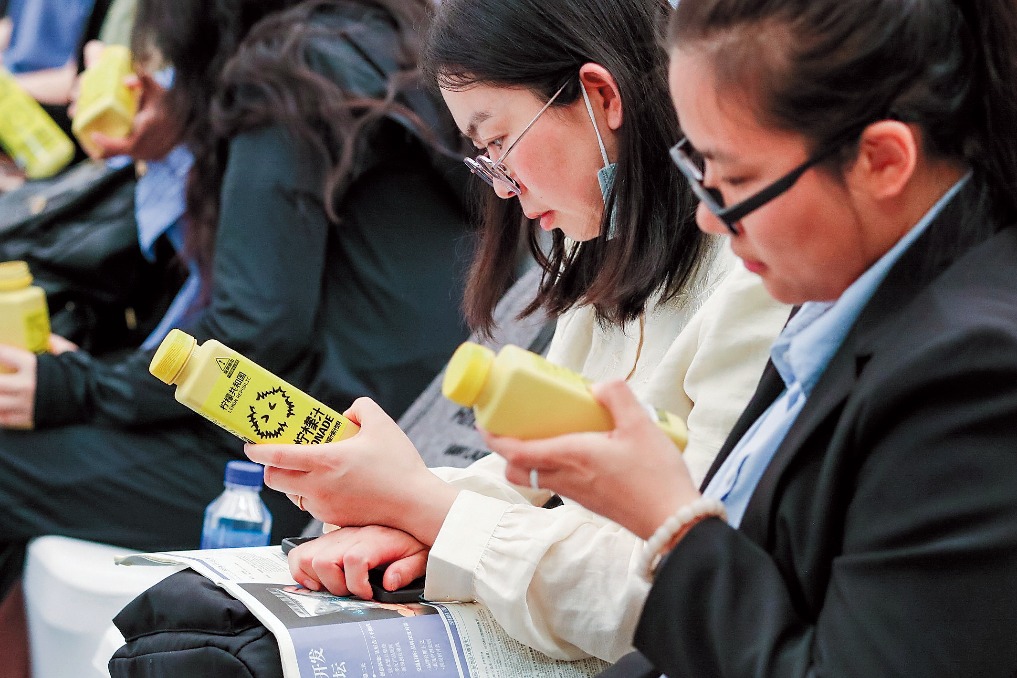China tightens IP transfer to secure transparent business environment


BEIJING - With the aim to build a more fair and transparent regulation process for technology exports and foreign investment, China has issued a guideline tightly reviewing the transfer of intellectual property rights to overseas buyers.
"To establish and perfect the review mechanism for IP transfers overseas is not a move to upset foreign investors. The guideline has rather formulated concrete measures to secure a better business environment," said Zhang Zhicheng, director of the Protection and Coordination Department at the State Intellectual Property Office of China (SIPO).
"The government will only review two categories of IP transfers: technology restricted for exports and international acquisitions of Chinese enterprises," Zhang said.
The proposed IP transfers will be reviewed if they involve patent rights, exclusive rights to layout designs of integrated semiconductors, software copyrights, or rights to new plant varieties.
According to the guideline released Thursday, Chinese companies and individuals have the right to transfer their IP to overseas enterprises, individuals or groups.
IP transfers will be reviewed if they appear to affect national security or the country's core technology in key fields.
When China joined the World Trade Organization (WTO) in 2001, it entered into the Agreement on Trade-Related Aspects of Intellectual Property Rights to bring its IP laws to an international level. Meanwhile, the government has gradually transformed its manufacturing-based economy to an innovation-based economy.
Over the past decades, China has become a major producer of innovative technology and the second biggest source of international patent applications, according to an UN announcement.
"China has mastered a series of key technology and developed some high-quality intellectual property. If we fail to strictly review core IP transfers related to national security, we may put the country at the risk of losing control of key technology in important fields and suffering major financial losses," said Zhang.
In 2017, China's intellectual property royalties earned abroad surpassed $4 billion, according to SIPO.
"Besides the financial influences, improper review of core IP transfers could restrain China's self-developed innovation abilities and competitive advantages internationally," Zhang said.
Regulating IP transfers involving national security complies with international rule and practices, he said, citing the WTO's Agreement on Technical Barriers to Trade, which gives recognition to all members to protect legitimate interests according to their own regulatory autonomy.
He noted that the developed economies like the United States, EU, and Japan have similar review systems.




































